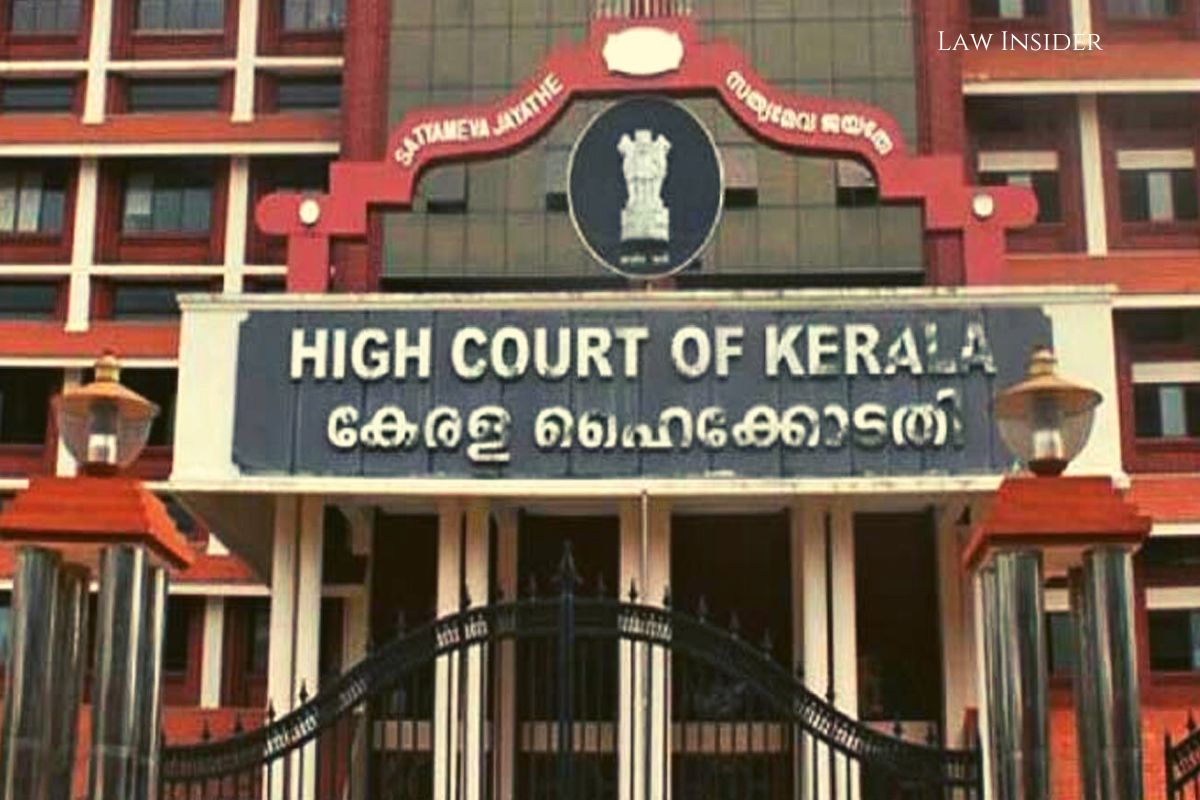LI Network
Published on: 03 September 2023 at 14:35 IST
The Kerala High Court has ruled that landowners cannot object to the state exercising its right of eminent domain when compensation is being provided to them.
This decision comes in response to a case involving a retired army officer and other apartment owners who expressed grievances over a portion of land being taken over by the Kochi Metro Rail Limited (KMRL) without undergoing a formal acquisition process or compensation payment.
The High Court made this determination considering that the subject land had already been utilized by the first respondent (KMRL) and that the ‘Right to Property’ is no longer a Fundamental Right. Therefore, the petitioner and other apartment owners would not be disadvantaged if the land is now subject to acquisition and compensation is paid to the entitled parties in accordance with the provisions of the Right to Fair Compensation and Transparency in Land Acquisition, Rehabilitation and Resettlement Act, 2013.
Justice Gopinath P., presiding over a Single Judge Bench, emphasized that the petitioner and other apartment owners would not suffer any prejudice if compensation is provided for the land taken over by KMRL under the 2013 Act. Additionally, they cannot raise objections to the state exercising its right of eminent domain.
In this case, the petitioner, a retired army officer, had purchased an apartment within a residential complex built by the Army Welfare Housing Organization (AWHO).
The petitioner claimed that he had acquired the apartment along with undivided rights to the land on which it was constructed in May 2018. However, approximately 30 cents of land constructed by AWHO had been taken over and used by KMRL without undergoing an acquisition process or compensation payment, without the petitioner’s or other apartment owners’ knowledge.
Upon review, the Bench determined that the petitioner was not entitled to any relief based on the evidence and documents provided. The KMRL had been allowed to occupy the land temporarily while finalizing the compensation amount initially claimed by AWHO.
The Bench also noted that none of the prayers sought a court direction to remove KMRL’s “encroachment” or demolish their construction activities on the property, even though such a request was made during the arguments.
The Bench clarified that, given the facts and circumstances of the case, granting such relief would not be appropriate, as it could adversely impact substantial public interest due to the metro viaduct resting on pillars erected on the disputed land.
Therefore, the High Court directed KMRL to complete the land acquisition proceedings within an outer time limit of 12 months in accordance with the law.

